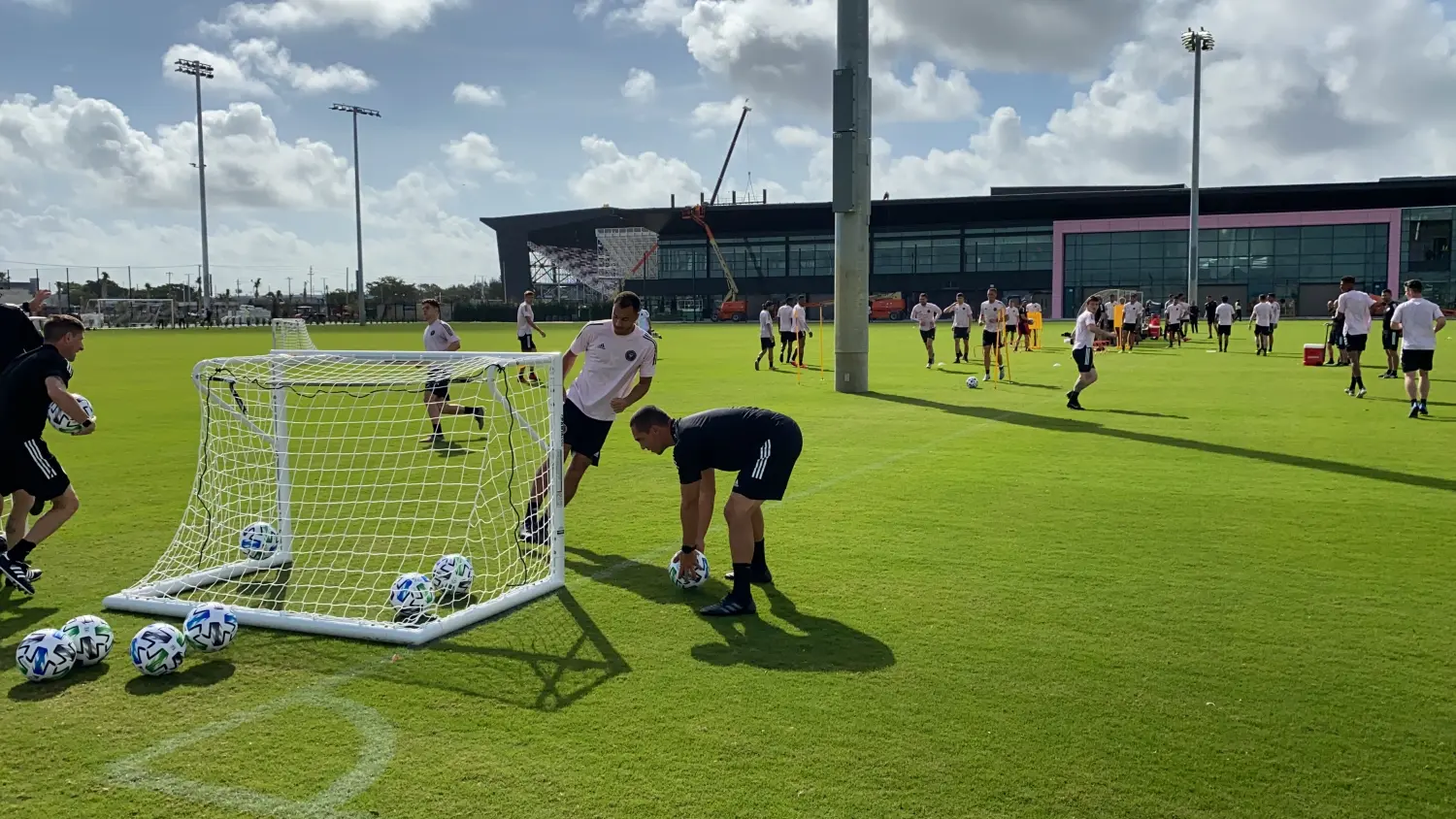A Guide to a Footballer’s Nutrition
It’s just as important for professional footballers to watch what they eat as it is to put in the hours at the gym. More thought is given to how a player’s diet can improve their performance than was in the past when they might have gotten off the field and immediately tucked into a plate of steak and chips.
Sports scientist Armando Vinci, who collaborated with Chelsea manager Antonio Conte for nearly a decade, told The Times that players’ “endurance levels and speed, as well as their recovery and sleep patterns,” are all affected by their diet.
Footballers need specific nutrients when they want to play their best after relaxing to some online casino games using their Croco casino login. And whether you spend 90 minutes sprinting up and down a field or crushing a HIIT workout in the gym, there are dietary tips you can learn from the pros.
1. Eat whole-grain carbohydrates and protein
Proteins and carbohydrates play crucial roles in the body and should never be left out of a healthy diet. They help you stay energized throughout practice or competition and aid your recovery afterward, allowing your body to mend and rejuvenate.
You can get this slow-release energy you need for a 90-minute game by eating a plate of whole-grain pasta a few hours before the game. Chicken and turkey, as well as oily fish like salmon and mackerel, are excellent protein choices. Eat whole-grain foods, and limit fat intake. Stay away from white bread and potatoes.
2. Include fiber in your diet
High-fiber foods include legumes, whole grains, vegetables, and fruits. And they should up your current caloric intake by around a couple of times. Add one serving of grains like oats, beans, sweet potatoes, quinoa, or other comparable items to each meal because the average person only consumes half of what they need.
Vegetables and fruits provide the nutrients your body needs to function at its best, so including both will help you achieve your fitness goals faster.
3. Don’t forget to snack mindfully
Eating actual food as snacks between meals helps athletes feel full and maintain energy levels. To perform at their best, they need to get the most nutrients out of their caloric intake, and when it comes to nutrient density, whole foods are unrivaled.
Remove junk food from your diet to improve your performance. Your physical self will appreciate it, and your efficiency and effectiveness on the job will increase dramatically.
Always remember that food isn’t just for taste; it serves a purpose in the body. When the goal is to aid players in recuperating from back-to-back games, the food must be packed with as many beneficial nutrients as possible.
No matter what they advertise, packaged foods like bars and snacks never live up to expectations. Whole foods are loaded with nutrients that the body can easily absorb and use, such as protein, fiber, fat, and complex carbs.
Examples of healthy snacks are apples and bananas with 3/4 cup of low-fat cottage cheese or yogurt, a handful of nuts or nut butter on a piece of whole grain toast, avocado, lettuce roll-ups with turkey, a smoothie made with plain Greek yogurt and fruit, etc.
4. Hydration is key
Football players must take dehydration seriously, as it can have major consequences on the field, especially in the warm months leading up to the season’s start when they’re still wearing heavy uniforms. Athletes should aim to consume 16-20 ounces of fluid each hour and have a drink every 15 minutes or so during practice and games.
Extra electrolytes (from a sports drink or even something as basic as a banana, for example) will go a long way for any activity lasting longer than an hour, especially if players are heavy sweaters.
5. Oily fish
Salmon and other fish are excellent sources of healthy fats like Omega 3. Particularly helpful for lowering inflammation, Omega 3 helps speed recovery so you can train more frequently and intensively.
Some additional health benefits of oily fish include reduced anxiety and stress, enhanced cardiovascular disease risk factors, enhanced immunological function, and alleviated bone and joint pain. As a source of protein, it aids in muscle growth and recovery from exercise.
One of the best ways to guarantee optimal Omega 3 consumption is to eat fatty fish twice a week, but this is by no means the only choice. Walnuts and broccoli are both excellent sources of omega-3.
6. Be realistic
Try not to obsess over your diet. Finding a happy balance is essential. Pay attention to your physical sensations. What you’re consuming right now is probably not healthy if it causes you to gain weight, feel sluggish, or lack strength.
You don’t have to give up all the foods you enjoy because of this. You will miss your sweets more than ever if you try to survive on a diet of just healthy foods. If you can find the sweet spot, your long-term success on the football field should improve considerably.
Take away
Find out the active components in your supplements, and check if you can purchase them elsewhere. Remember that supplements should not replace a balanced diet of whole foods.













Leave a Reply
Want to join the discussion?Feel free to contribute!